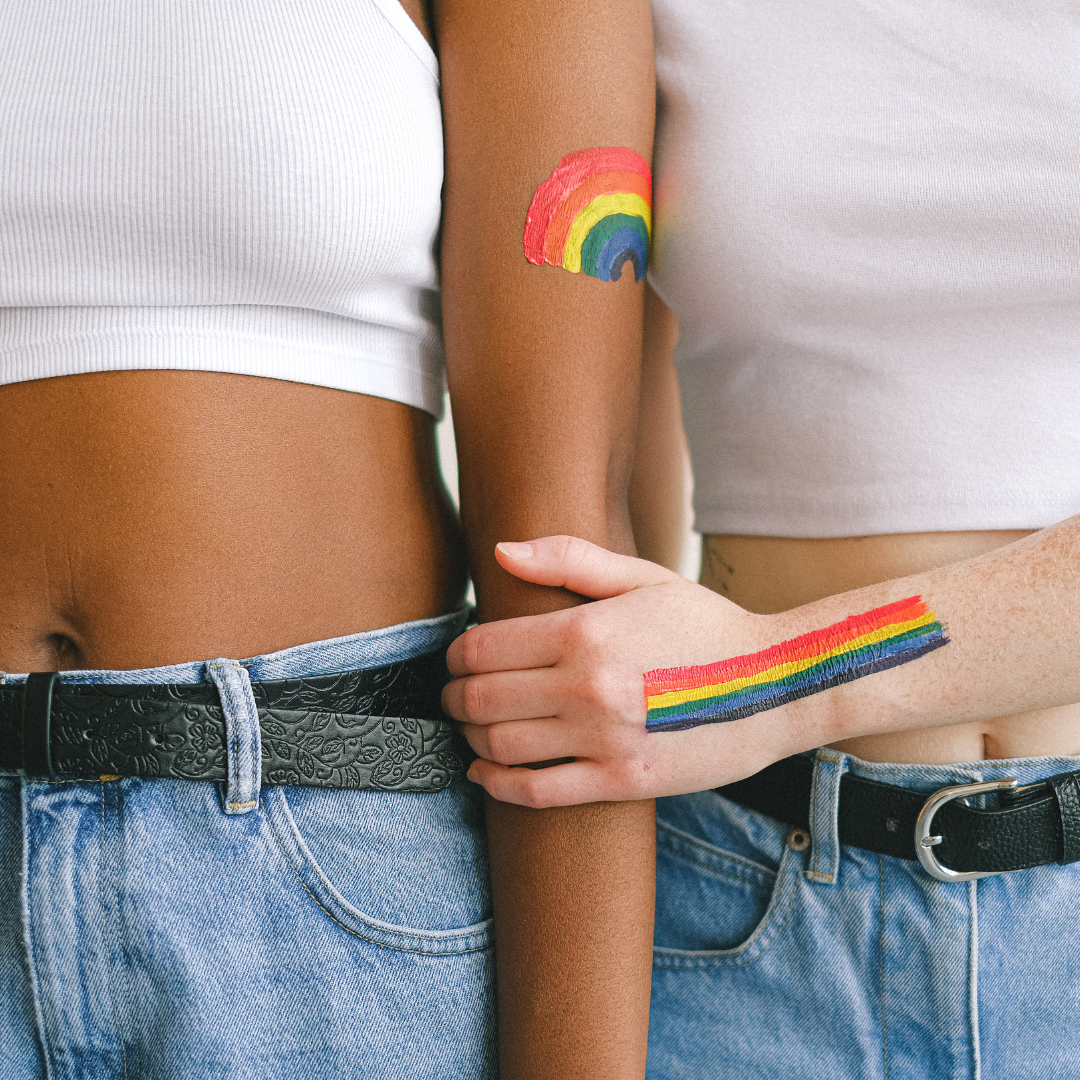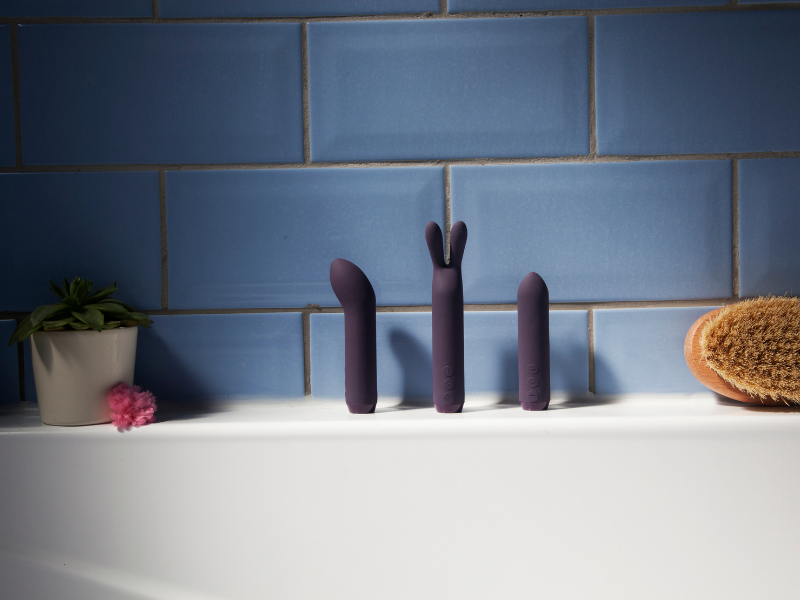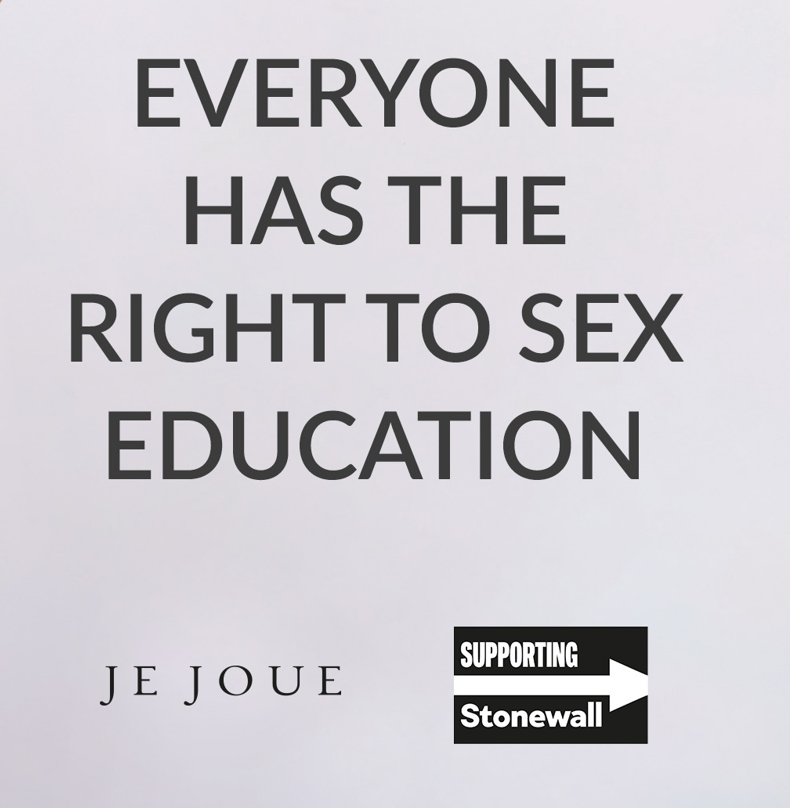
Inclusive sex education throughout time
A deep dive into inclusive sex education throughout time

If we’re not taught that sex can be pleasurable and the various ways to explore pleasure, when we eventually venturing into the world of erotic enjoyment it can feel empty and dissatisfying as we don’t know sex’s possibilities.
Studies show that LGBTQ+ individuals were more likely to experience dissatisfying sex lives as they were only taught about how to have heteronormative sex and relationships. Not only were they taught heteronormative sex and how attractions and arousal are linked with sexual binaries, individuals found that sexual pleasure was slightly focused on reproduction and penile and vaginal penetration only.
The history behind sex education is complex and shrouded in moral panic. When we look back over time around how sex education has become so important in the UK for our relational development it becomes clear that this is an intersectional matter that effects everyone and not just LGBTQ+.
In 1986 the AIDS pandemic led the media to question sex and sexuality, and made people question LGBTQ+ sex education. Over the next two years, the media, government, and politicians debated education around LGBTQ+ relationships and lifestyles being taught. This finally resulted in Section 28 coming into place, where discussion around LGBTQ+ individuals had been kept hush in various settings including the classroom.
We’re now seen multiple generations being affected by the discission to implement Section 28, but the battle for inclusive sex education goes further than just this parliamentary act. From 1993 biology focused sex education was implemented within schools due to the government realising there was a spike in teen pregnancies and STIs from a lack of sex education within schools.
The 1994 National Survey on Sexual Attitudes and Lifestyles (NATSAL) showed that 70% of individuals felt they hadn’t received adequate sex education and that preventive and reproduction focused sex education was failing. The need for more within sex education was becoming clearer and in 1999 Sex and Relationship Education became a part of PHSE; acknowledging that relationships and lifestyle also were important factors in supporting sexual well-being and health.
Finally Section 28 was repelled successfully in 2003 after multiple evidence backed debates. This meant that schools could start adding in the discussion around LGBTQ+ relationships, sexuality as well as more inclusive look at sexual pleasure.
Whilst the removal of Section 28 many schools were still teaching limited information around sex education and many didn’t cover it regularly enough to fully make time for an intersectional and inclusive approach. More debates and reviews of Sex and Relationship education occurred and over the next ten plus years, back by multiple studies of individuals from youth to older years begging for better provisions. In 2021 RSE (relationship and sex education) became a statutory part of the curriculum that.
Intersectionality isn’t just about including LGBTQ+ in sex education, but is about adding in lifestyle, culture, relationships, and education around emotions, in an accessible way that can be used throughout your life. And we’re slowly starting to see these changes in relationship and sex education where more individuals are already becoming more sex-positive.
There’s still much development needed when it comes to how RSE and discussions around sex and sexuality are covered in schools and in later life. One study in 2017 reported that many felt that the lack of discussion around sexual pleasure including how having relationships outside the heteronormative such as same-sex relationships made, it hard for them to identify their own pleasure later in life. This also had a knock-on effect on how they connected romantically too, meaning that not only did they experience less sexual satisfaction but less relationship satisfaction too.
Mentally well-being is also connected to inclusive sex education. When experiencing poorer mental health such as anxiety and depression it can affect our ability to want to engage in consensual sex, as well as make it harder to enjoy sexual pleasure and orgasms. A study in 2019 confirmed that those who experienced only reproductive and heteronormative-based sex education experienced a higher chance of poorer mental health when adults.
We’re still attempting to repair the gap in knowledge around sexual pleasure. Je Joue started in 2005 by not only brining luxury inclusive sex toys into the spotlight more, but also their social mission (link https://www.jejoue.co.uk/pages/our-social-mission) with the main to bring awareness and education to inclusive sexual pleasure for all.
ABOUT THE AUTHOR
 Ness Cooper (she/her/they/them) is the resident Je Joue Sexologist as well as a clinical sexologist who works as a therapist in private practice. She has trained extensively in the field of human sexuality qualifying in various areas of sexual health, sex, and relationship education, sex and relationship therapy and coaching. She has also trained with the Kinsey Institute for Human Sexuality and is a member of the ISSM and American Board of Sexology.
Ness Cooper (she/her/they/them) is the resident Je Joue Sexologist as well as a clinical sexologist who works as a therapist in private practice. She has trained extensively in the field of human sexuality qualifying in various areas of sexual health, sex, and relationship education, sex and relationship therapy and coaching. She has also trained with the Kinsey Institute for Human Sexuality and is a member of the ISSM and American Board of Sexology. 



Leave a comment
This site is protected by hCaptcha and the hCaptcha Privacy Policy and Terms of Service apply.